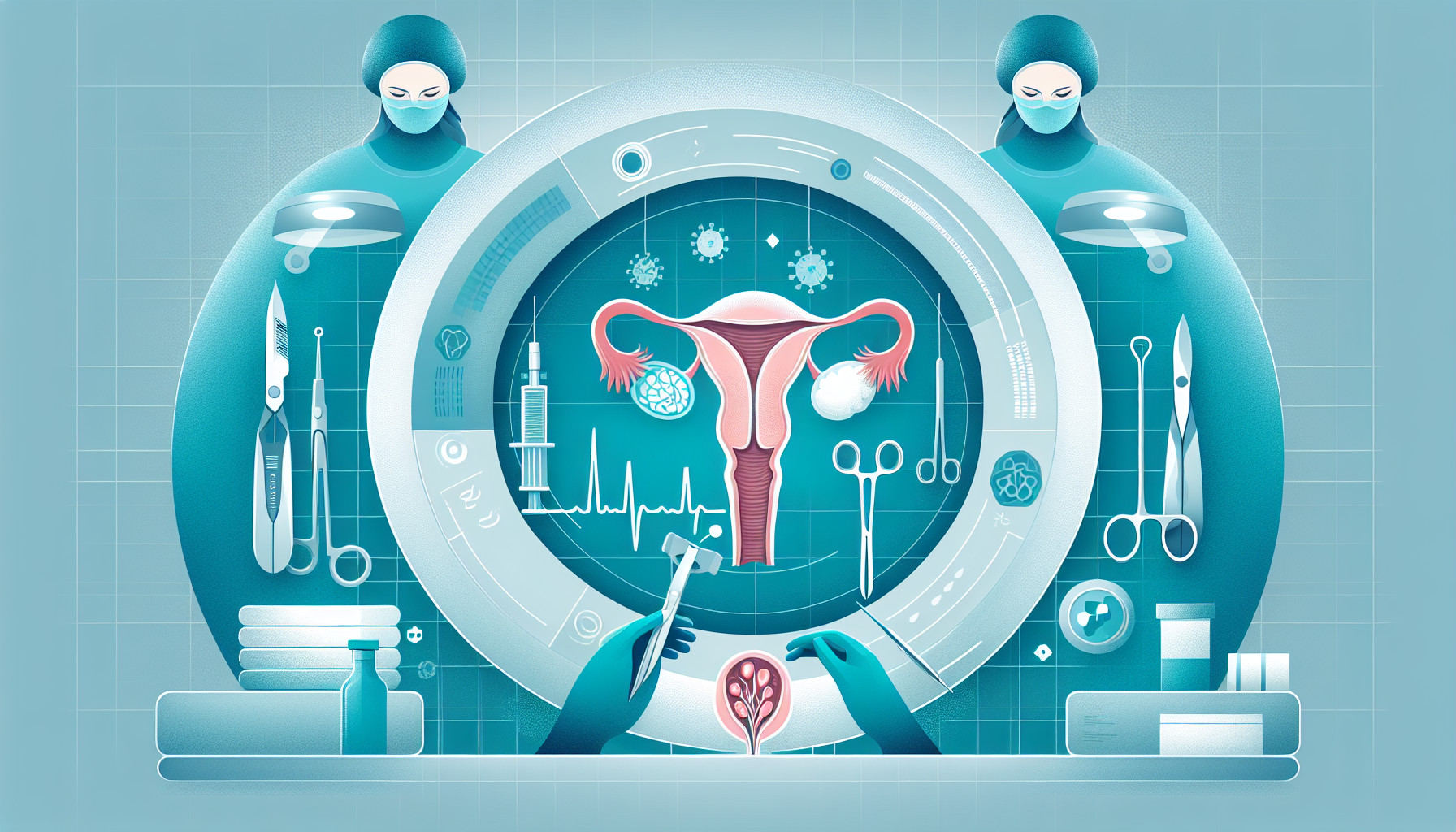Our Summary
Polycystic ovary syndrome (PCOS) is a hormonal disorder common among women of reproductive age. It’s challenging to diagnose and cure it fully since we don’t fully understand how it works. This research looked into whether metabolic abnormalities (issues with how the body processes energy) keep the high levels of male hormones and PCOS-like ovaries, and if symptoms caused by excess male hormones are treatable. They stopped the abnormal male hormone stimulation in PCOS-like mice to see what changes would occur. After stopping this, the mice’s ovary structure and gene expression improved. However, the fat tissue enlargement and fatty liver disease were not significantly reversed, with fat accumulation-related gene expression and blood markers of metabolism in the mice changing. These results show that while the reproductive issues were significantly reduced, the metabolic problems were not improved after stopping excess male hormones for 30 days, suggesting that the latter might not be maintaining the former.
FAQs
- What is Polycystic ovary syndrome (PCOS)?
- How does stopping the abnormal male hormone stimulation in PCOS-like mice affect the ovaries?
- Were the metabolic problems in mice with PCOS-like symptoms improved after stopping excess male hormones for 30 days?
Doctor’s Tip
It is important to follow your doctor’s instructions after ovarian cyst removal, including taking any prescribed medication and attending follow-up appointments. Be sure to report any unusual symptoms or side effects to your doctor promptly. It is also important to maintain a healthy lifestyle, including regular exercise and a balanced diet, to support your recovery and overall health.
Suitable For
Patients with ovarian cysts that are causing symptoms such as pelvic pain, bloating, abnormal bleeding, or infertility may be recommended for ovarian cyst removal. Additionally, patients with large cysts that are at risk of rupture or torsion (twisting) may also need to undergo surgical removal. Patients with suspected ovarian cancer or those with recurring cysts may also be candidates for ovarian cyst removal. Ultimately, the decision to recommend ovarian cyst removal is made on a case-by-case basis by a healthcare provider after evaluating the patient’s individual circumstances and symptoms.
Timeline
Before ovarian cyst removal:
- Patient experiences symptoms such as pelvic pain, bloating, and irregular menstrual cycles.
- Patient undergoes diagnostic tests such as an ultrasound or blood tests to confirm the presence of ovarian cysts.
- Patient and healthcare provider discuss treatment options, which may include medication to shrink the cyst or surgery to remove it.
- Patient prepares for surgery by following pre-operative instructions and discussing any concerns with their healthcare team.
After ovarian cyst removal:
- Patient undergoes the surgical procedure to remove the ovarian cyst.
- Recovery period post-surgery, which may involve pain management and follow-up appointments with the healthcare provider.
- Patient may experience some discomfort and fatigue during the recovery period.
- Follow-up appointments to monitor healing and ensure there are no complications.
- Patient may experience relief from symptoms such as pelvic pain and irregular menstrual cycles after the cyst is removed.
What to Ask Your Doctor
Some questions a patient should ask their doctor about ovarian cyst removal include:
- What type of ovarian cyst do I have and what are the risks associated with it?
- What are the possible treatment options for my ovarian cyst and why is removal recommended in my case?
- What are the potential complications of ovarian cyst removal surgery?
- How long is the recovery process after ovarian cyst removal and what can I expect during this time?
- Will removing the cyst affect my fertility or hormonal balance?
- Are there any alternative treatment options available for my ovarian cyst?
- How often should I have follow-up appointments after the surgery to monitor for any recurrence of ovarian cysts?
- Are there any lifestyle changes or medications I should consider to prevent the formation of future ovarian cysts?
- Can you explain the procedure for removing the ovarian cyst and what anesthesia will be used?
- What are the success rates for ovarian cyst removal and what is the likelihood of the cyst returning in the future?
Reference
Authors: Sun LF, Yang YL, Xiao TX, Li MX, Zhang JV. Journal: Reprod Fertil Dev. 2019 Sep;31(10):1597-1606. doi: 10.1071/RD18459. PMID: 31142430
